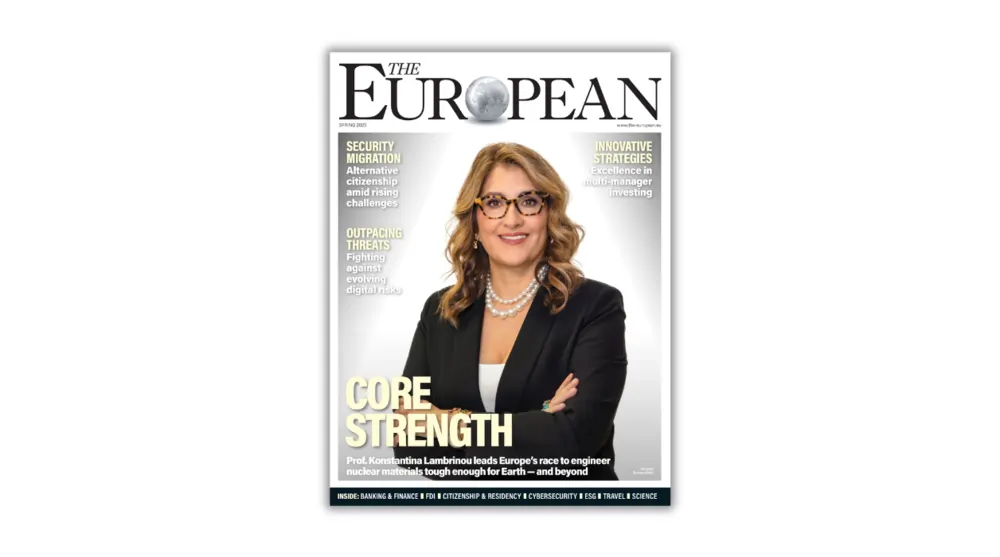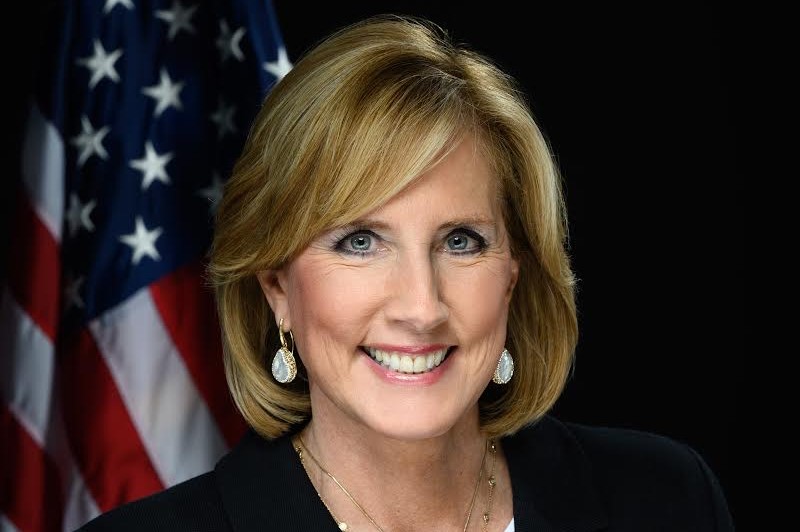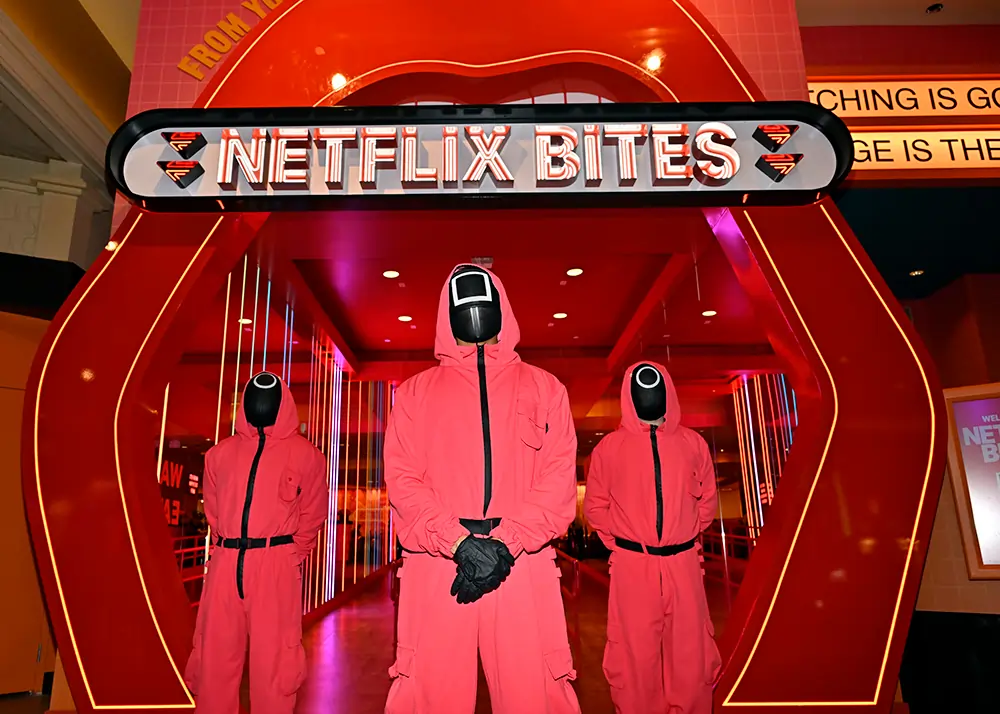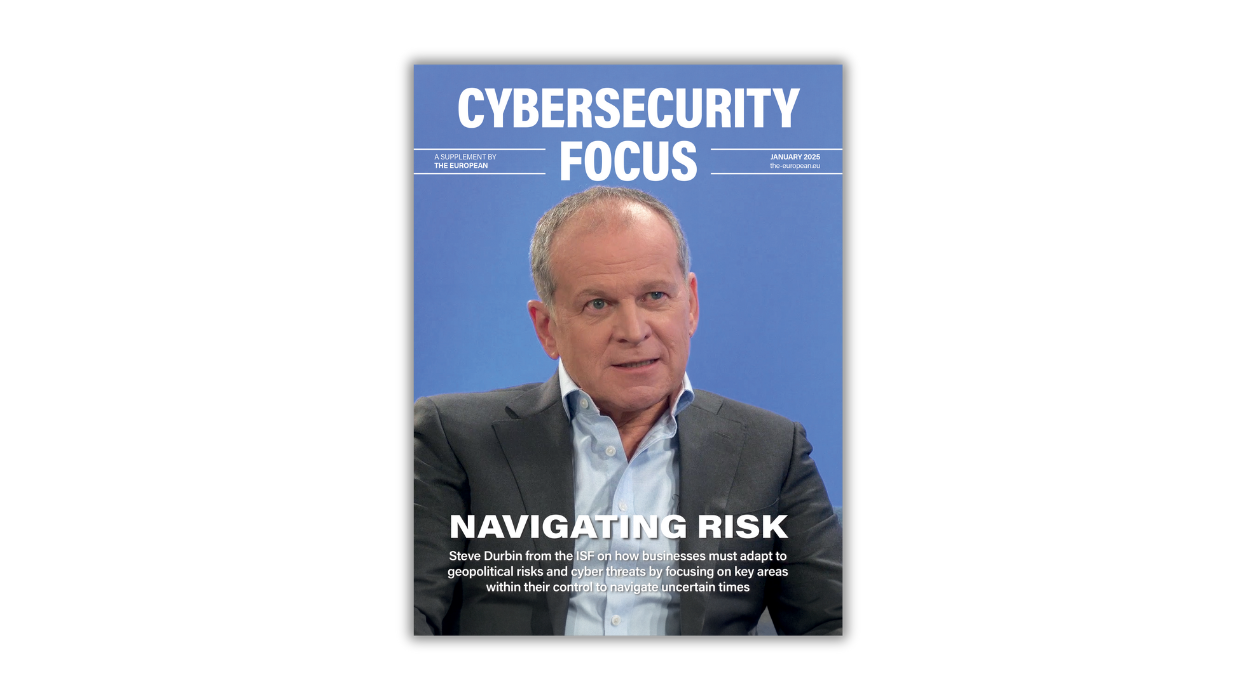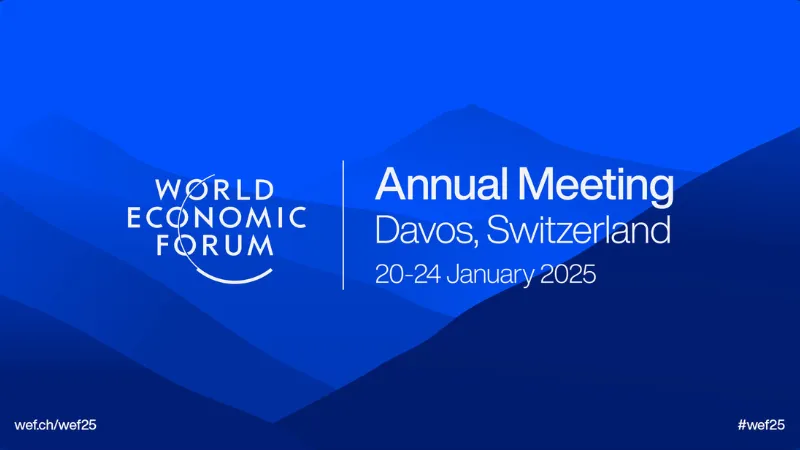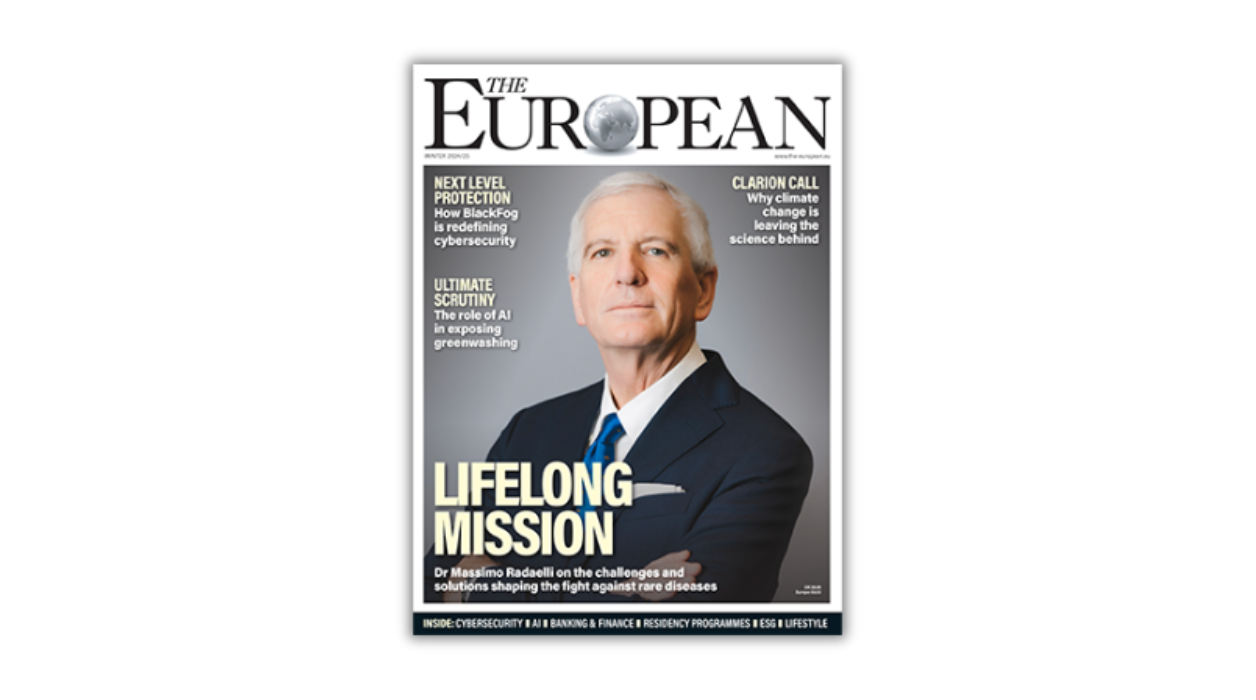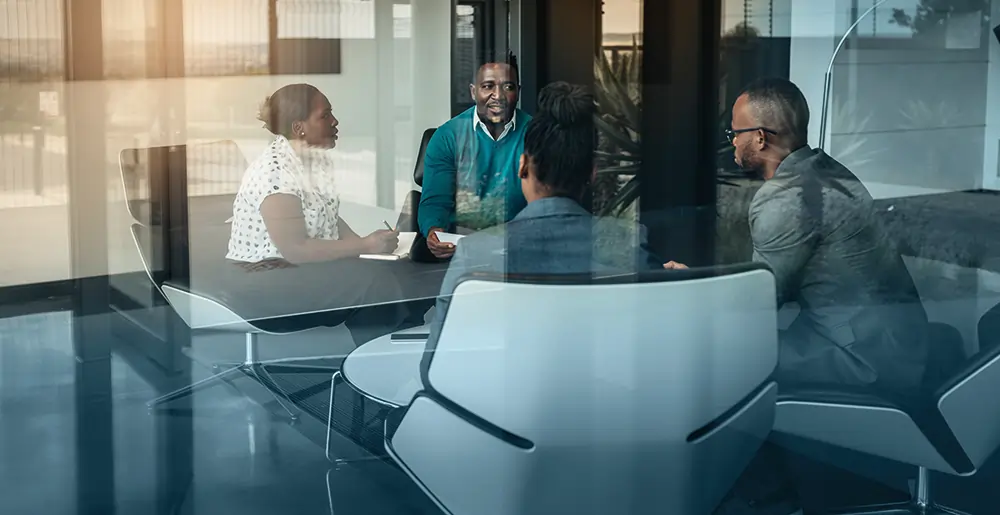It’s fine to say you’re not ok

John E. Kaye
- Published
- Business, Executive Education, Home

Although the Covid-19 pandemic has changed the conversation around mental health, more still needs to be done, says Josh Krichefski of MediaCom
We are living through unprecedented times, with the rising cost of living, stress and anxiety skyrocketing and geopolitical events having a serious impact on people’s wellbeing. In fact, it’s almost impossible to measure the true cost that the last two years has had on mental health – but you can guarantee it’s more than we think. As a business leader, there is a sense of responsibility to manage and safeguard employee wellbeing; mental health is a complex and often personal topic so making it a boardroom priority is vital. We need to destigmatise what it means to reach out for help, particularly as the need for support grows.
Figuring out what works

The level of resilience required in this day and age is huge. Emerging from a pandemic, possible isolation of working from home, the fear of Covid-19 (which still exists), the rising cost of living – there are so many reasons why mental health concerns are so prevalent right now. But leaders have learnt – and can still learn – a lot from the past two and a half years. For example, flexible working can help improve wellbeing, giving employees autonomy and control while boosting productivity and self-care. It encourages people to find a way to work that suits them and achieve a better work-life balance.
This duty of care to ensure employees are looked after and supported is crucial, not least because a third of our lives is estimated to be spent at work. And employee wellbeing must be supported through initiatives and support systems specific to each workplace. It is why we introduced MediaCom My Way many years ago, and have always encouraged people to find a way that works for them. The programme comes from a mindset that as long as people can work efficiently – but at a time that suits them best – both the business and people can succeed together. For instance, someone may log on early to then drop the kids off at school, or log on after lunch so they can care for a family member in the morning.
Long-term investment for long-term gain
Here in the UK, it is encouraging to see that mental health has been significantly destigmatised during the pandemic, both by government and industry bodies. But more responsibility should fall on business leaders’ shoulders to ensure mental health is being discussed universally.
Thankfully, the government recently pledged to introduce a £2.3bn real terms funding increase in mental health services; it’s a proportionate 400% increase on the funding from last year. However, an incremental – rather than transformational – increase in mental health spend means that businesses have to “top up” the gap left to support people’s wellbeing. It is a tricky and important balance to strike from a business standpoint. But if there’s one thing that I want people to take from this, it’s that what works for one company is almost guaranteed to not suit another.
Our Mental Health Allies programme, for example, means we have 225 allies in 47 countries who are there to “listen, signpost and safeguard” workers. And it’s in place because of the fast-paced nature of advertising and media – people need close support from time to time in such a busy environment. I would encourage business leaders to find a system, solution and set of practices that is right for their employees. We may all have mental health, but there is by no means a one-size-fits-all approach.
"There is by no means a one-size-fits-all approach"
New world, similar challenges
The pandemic changed everything – how we work, live and interact daily. And while it encouraged a healthier discussion around mental health, a lot more needs to be done from a business and government standpoint to further destigmatise what it means to reach out for help.
With all of the new challenges facing people today, mental health conversations remain as important as ever. We’re all still on the continuum and need support from businesses, government and friends and family. It’s never been more important to say that it’s OK to not be OK.
ABOUT THE AUTHOR

Josh Krichefski is EMEA CEO and Global COO at MediaCom.
Further information
RECENT ARTICLES
-
 Managing cross-border risks in B2B e-commerce
Managing cross-border risks in B2B e-commerce -
 Research highlights rise of 'solopreneurs' as technology reshapes small business ownership
Research highlights rise of 'solopreneurs' as technology reshapes small business ownership -
 Human resources at the centre of organisational transformation
Human resources at the centre of organisational transformation -
 UK government sets up Women in Tech taskforce amid gender imbalance concerns
UK government sets up Women in Tech taskforce amid gender imbalance concerns -
 Liechtenstein lands AAA rating again as PM hails “exceptional stability”
Liechtenstein lands AAA rating again as PM hails “exceptional stability” -
 The Parisian business school quietly reinventing the MBA
The Parisian business school quietly reinventing the MBA -
 UK entrepreneur who founded £1bn firm acquires UAE amateur golf leader to launch world amateur Super League
UK entrepreneur who founded £1bn firm acquires UAE amateur golf leader to launch world amateur Super League -
 Why your home is the best place to teach children leadership
Why your home is the best place to teach children leadership -
 Inside the Spring 2025 Edition of The European
Inside the Spring 2025 Edition of The European -
 The Paris MBA designed for real-world leadership
The Paris MBA designed for real-world leadership -
 Soft2Bet reflects on eight years of leadership and philanthropy in new film featuring CEO Uri Poliavich
Soft2Bet reflects on eight years of leadership and philanthropy in new film featuring CEO Uri Poliavich -
 Global Banking School celebrates ‘milestone’ anniversary
Global Banking School celebrates ‘milestone’ anniversary -
 Saudi Arabia hosts the fourth Riyadh International Humanitarian Forum
Saudi Arabia hosts the fourth Riyadh International Humanitarian Forum -
 New York Congresswoman pushes for Trump’s birthday to be enshrined as federal holiday
New York Congresswoman pushes for Trump’s birthday to be enshrined as federal holiday -
 Red light, green bite: Netflix restaurant opens in Vegas
Red light, green bite: Netflix restaurant opens in Vegas -
 Read our Cybersecurity Focus supplement, featuring insights from Information Security Forum
Read our Cybersecurity Focus supplement, featuring insights from Information Security Forum -
 Davos World Economic Forum 2025: Collaboration for the Intelligent Age
Davos World Economic Forum 2025: Collaboration for the Intelligent Age -
 The European releases its Winter 2024/25 edition
The European releases its Winter 2024/25 edition -
 Read our FDI Focus supplement, featuring insights from Michael Lohan of IDA Ireland
Read our FDI Focus supplement, featuring insights from Michael Lohan of IDA Ireland -
 PizzaExpress to Expand Dough Base Stateside
PizzaExpress to Expand Dough Base Stateside -
 The two core skills middle managers need to navigate stormy weather
The two core skills middle managers need to navigate stormy weather -
 The Role of Financial Regulations in the Online Casino Industry
The Role of Financial Regulations in the Online Casino Industry -
 How to become a game-changer
How to become a game-changer -
 Taking the risk out of BOP ventures
Taking the risk out of BOP ventures -
 Releaf leading the way with marketing
Releaf leading the way with marketing









